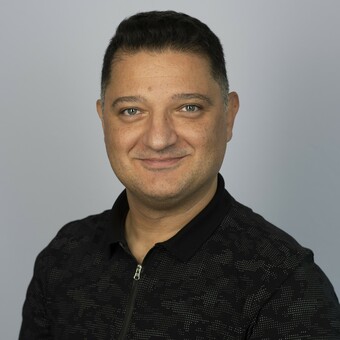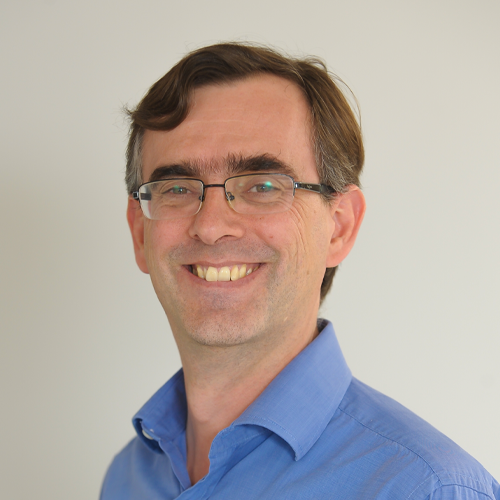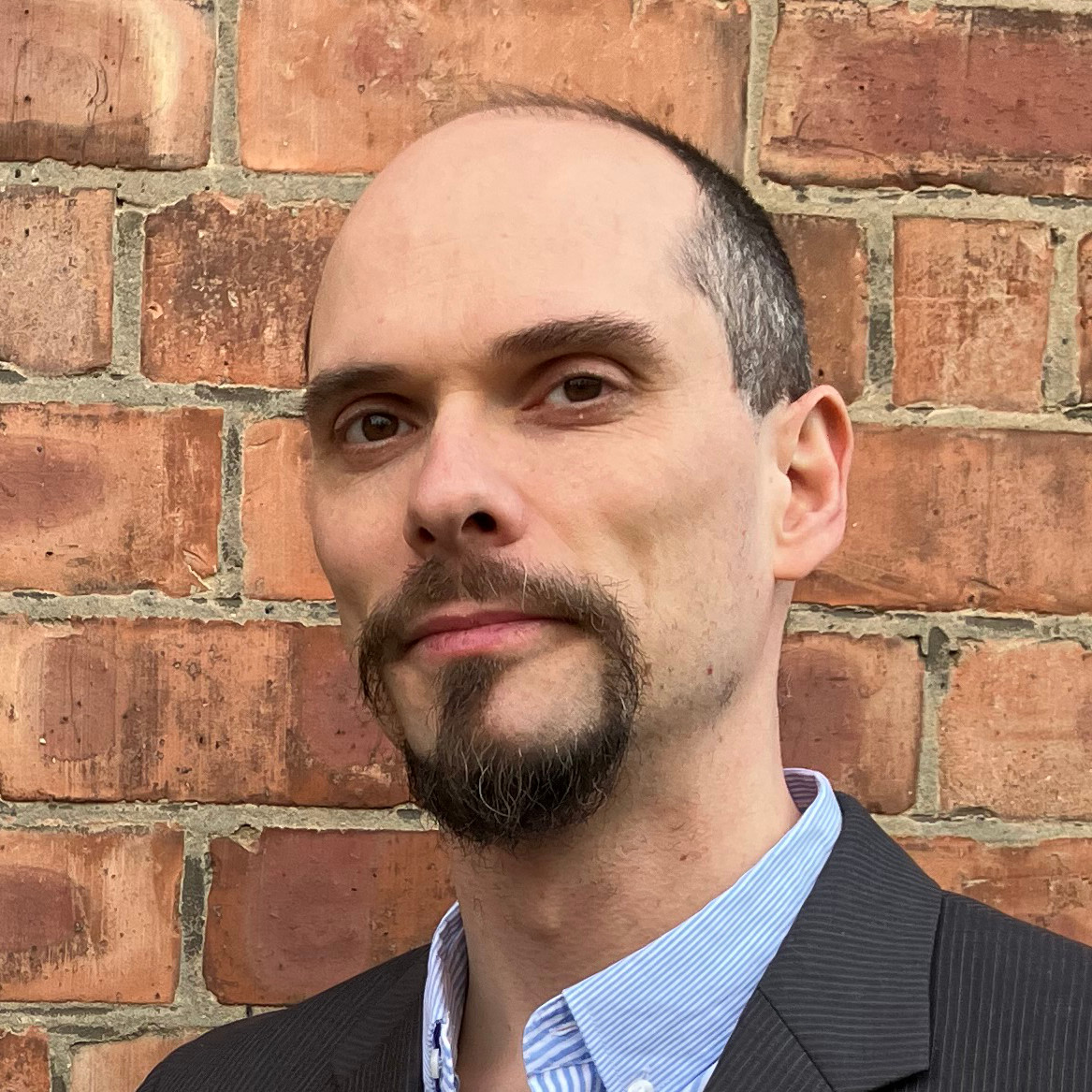On-demand | AI in Life Sciences: Practical applications in small molecule design

Webcast supported by
Wed, 18th June - 3pm BST
In association with
![]()
Join us for an insightful online panel discussion exploring how AI is reshaping scientific discovery.
The focus will be on small molecule design in the life sciences, agrochemical, and biotech sectors. This session will cut through the noise around AI hype to highlight real-world applications already delivering value across research and development workflows.
| |
 | |
AI - Hype or a Useful Tool? We tackle the critical question: Is AI all buzz or a transformative force? By exploring real use cases—including agentic AI that can autonomously answer questions and perform tasks and LLMs that interact with internal data—we’ll show how AI is becoming a practical tool for workflow orchestration and strategic decision-making. | |
 | |
AI for Speed and Usability: Low-Code/No-Code Solutions Discover how AI-driven platforms simplify complex processes, allowing researchers and small businesses to leverage powerful tools without deep technical expertise. We'll explore how low-code and no-code interfaces accelerate innovation and democratise access to AI, enabling faster, more user-friendly scientific workflows. | |
 | |
FEP and AI: Precision Meets Prediction Explore how AI-enhanced Free Energy Perturbation (FEP) is transforming predictive modeling in drug discovery. By integrating AI with FEP techniques, researchers can gain deeper insights into molecular binding affinities—enabling faster, more accurate lead optimisation and candidate selection.
| |
| |
How to leverage existing foundational models (LLMs) for internal data analysis | The role of Agentic AI in automating complex tasks and augmenting R&D productivity |
Why academia and small businesses in life sciences are ideal early adopters
|
Opportunities for pharma with on-prem LLMs and biotech access to shared AI infrastructure |
| |
| |
Dr Mutlu Dogruel Dr. Mutlu Dogruel is the VP of AI Solutions at Cresset, where he leads the integration of AI across the company's drug discovery products and services, focusing on productivity, responsible AI practices, systematic AI deployment, and internal optimisations.
|  |
| Mutlu has a robust academic background that includes a Bachelor’s degree in physics, a Master's degree in Bioengineering, and a PhD in Bioinformatics from the University of Cambridge. His research focused on applying Machine Learning and statistical methods to computational biology problems, including subcellular localisation prediction and protein motif discovery. Prior to joining Cresset, Mutlu was the lead Pharma AI Architect at Microsoft UK, where he spent almost eight years designing cloud-based solutions for pharmaceutical and life sciences companies. He also held a genomics consultancy role and worked as an R&D engineer in the speech-to-text domain at Hewlett Packard. | |
Dr Mark Mackey Mark graduated from the University of Tasmania in 1992 with a BSc in Chemistry, Physics and Mathematics. Between 1988 and 1992 Mark was awarded the following accolades: Chemistry Honors Prize at University of Tasmania; Dean’s citation for outstanding undergraduate and Honors achievements; University Medal from University of Tasmania; ICI Australia Ltd Prize for third year chemistry; Masson Memorial Prize for top chemistry graduate in Australia.
|  |
| In 1993 Mark moved to the University of Cambridge where he was awarded his PhD in 1997. It was during his time at Cambridge that Mark first worked with Dr Andy Vinter, founder of Cresset. Upon completion of his PhD Mark worked as a Molecular Modeler and Senior Research Scientist for Napp Pharmaceuticals and Merck Sharp & Dohme respectively. In 2002 Dr Vinter invited Mark to join him as a founder member of Cresset. Mark has designed and added fundamental science to tools that are now accepted and used by many pharmaceutical, agrochemical and academic institutions across the world. In 2010 Mark was appointed as CSO of Cresset. Mark is a Fellow of the Royal Society of Chemistry and on the Board of the Open Force Field Consortium. | |
Dr Lewis Vidler Dr Lewis Vidler is a Senior Director of Structure Based Drug Design at Eli Lilly. He achieved a first-class chemistry degree at the University of Oxford in 2009 and subsequently completed his PhD in Computational Medicinal Chemistry at the Institute of Cancer research in London in 2013. He joined Eli Lilly later that year and spent an initial duration of 7 years there, during which he progressed to Senior Research Scientist. Following shorter stints as a computational chemist at UCB and Amphista Therapeutics, he returned to Lilly in 2023, to further progress his career.
|  |
Professor Julien Michel
|  |
Whether you work in pharma, agrochemical research, academic science, or biotech innovation, this panel discussion will provide actionable insights into how AI can elevate your work beyond the hype.
Do you want to sponsor this virtual event? Please contact our sales team at sales@europascience.com.
Having trouble registering? For any technical queries, get in touch at webcast@europascience.com.

